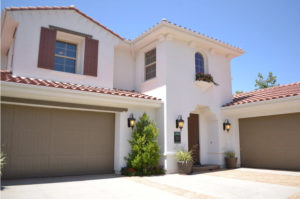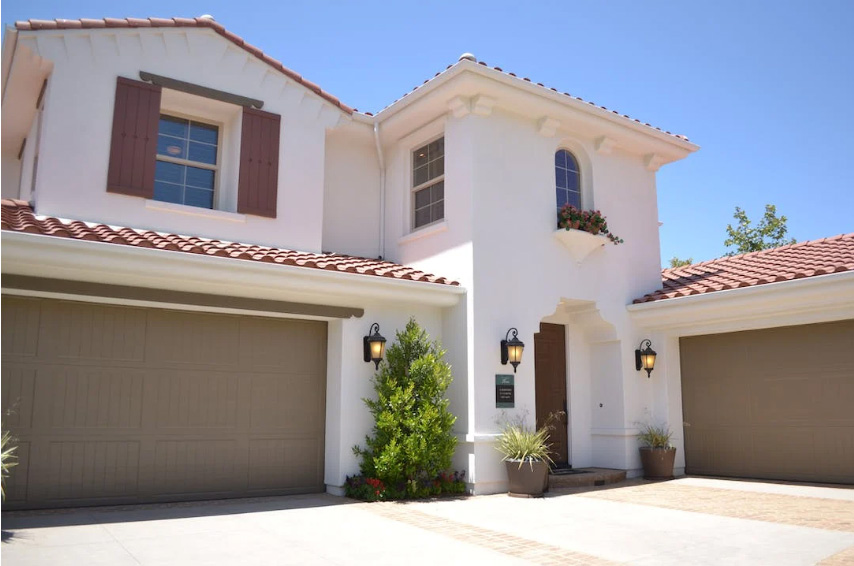
FHA loans are well-liked by first-time purchasers because of their low down payment requirements, lenient borrowing conditions, and competitive interest rates (in comparison to conventional loans). However, they may come with hefty restrictions, taxes, and other limitations.
Despite the widespread use of the term “FHA loan” to refer to a specific kind of mortgage, the FHA provides several different loan products and programs. Everything from loans that incorporate repairs and energy efficiency upgrades into a single monthly payment to loans for underserved communities like Native Americans and Native Hawaiians falls under this category. Although not exhaustive, below are some of the most typical types of FHA loans that can be obtained.
4 Tips About FHA Loans
- FHA 203(k) Rehab Mortgage. Buying a house that needs work can help you save money in the short term, but the expense of making the necessary repairs can add up quickly. Homebuyers can finance both the purchase and the necessary renovations using the FHA’s 203(k) Rehab Mortgage. A preexisting residence can also be renovated with this method. The residence must be at least one year old for an FHA loan to be used for renovations. There needs to be a minimum investment of $5,000 in the property’s repair and upkeep, but the market value after repairs and improvements must still be below the maximum loan amount allowed by the Federal Housing Administration in the area. All sorts of renovations are included, from the most little updates to a total teardown and rebuild. While there is a wide variety of activities that qualify, the facility itself must adhere to a number of energy efficiency and building code requirements.
- FHA’s Energy-Efficient Mortgage. Those looking to purchase a home or refinance their current one can take advantage of this mortgage program to invest in energy-saving upgrades that will have a direct impact on their monthly electricity costs. Borrowers can get more money from the FHA’s Energy Efficient Mortgage program than they need to buy a home and then use the extra money to make repairs and upgrades. The “energy bundle” is not part of the minimum financial requirements to purchase the home. Investments in renewable energy sources like wind or solar, as well as energy-efficient appliances, are all valid examples of qualifying expenditures. The maximum amount you can borrow to make the energy-saving upgrades varies based on a number of factors unique to your case. In order to determine which upgrades are worthwhile, you should consult with a professional home energy rater or assessor.
- Basic Home Mortgage 203(b). Among the FHA loan options, this one is by far the most common and conventional choice for borrowers. There are other types of FHA loans, but this is the one most people think of when you say “FHA loan.” It’s great for first-time buyers because the down payment is only 3.5 percent, and the interest rates and credit standards may be more lenient than with conventional mortgages. These loans are for single-family homes exclusively but can accommodate properties with up to four units. The maximum loan amount for a 203(b) mortgage is established by the FHA mortgage regulations in your area, which may be found here. Homeowners must pay mortgage insurance unless they put down 10% of the purchase price in cash. HUD requires that the home be appraised at or above the fair market value.
- Good Neighbor Next Door. To encourage the relocation of skilled workers to urban renewal zones, this program provides substantial discounts to qualified buyers of single-family houses in these zones. Workers in education, firefighting, law enforcement, and emergency medical services are among those that qualify. In the Good Neighbor Next Door program, qualified borrowers can purchase one of a small number of homes at a price that is half the market value. In addition, with an FHA-insured mortgage, these buyers need just put down $100. If there are multiple people interested in purchasing a home, they are put into a lottery. There are a few stipulations, the most important ones being that you work full-time in a designated field and intend to do so for at least another year. Even though you and your partner don’t have to be first-time homeowners, you cannot be current homeowners for the past 12 months. To qualify for a Good Neighbor Next Door loan, borrowers must confirm annually that they will use the property as their primary residence for at least three years. Participants are required by HUD to sign a second mortgage and note for the discount amount; however, this “silent mortgage” does not accrue interest or require payments, and it expires after three years of occupancy.
Conclusion
FHA loans are a popular choice for home financing because they offer borrowers a number of advantages over other types of home loans. These advantages include a low down payment requirement, flexible eligibility requirements, and low-interest rates. There are a number of different types of FHA loans available, so it is important to understand the features and benefits of each before deciding which is the best fit for your needs.
Do you know how much home you can afford?
Most people don’t... Find out in 10 minutes.
Today's Mortgage RatesGet In Touch With Your Mortgage Specialist!
If you are looking for experienced mortgage brokers in Louisville, KY, look no further than our expertise and advice here at American Mortgage Solutions. We are mortgage brokers that have financed countless home buyers’ and homeowners’ dreams! Call us today at (502) 327-9770 for Louisville KY Office and for Cape Coral FL Office (239) 766-8344 and let us discuss all your available home financing choices. American Mortgage Solutions is licensed in multiple states: Kentucky or Florida, Indiana, and Missouri.
Do you know how much home you can afford?
Most people don’t... Find out in 10 minutes.
Today's Mortgage Rates


